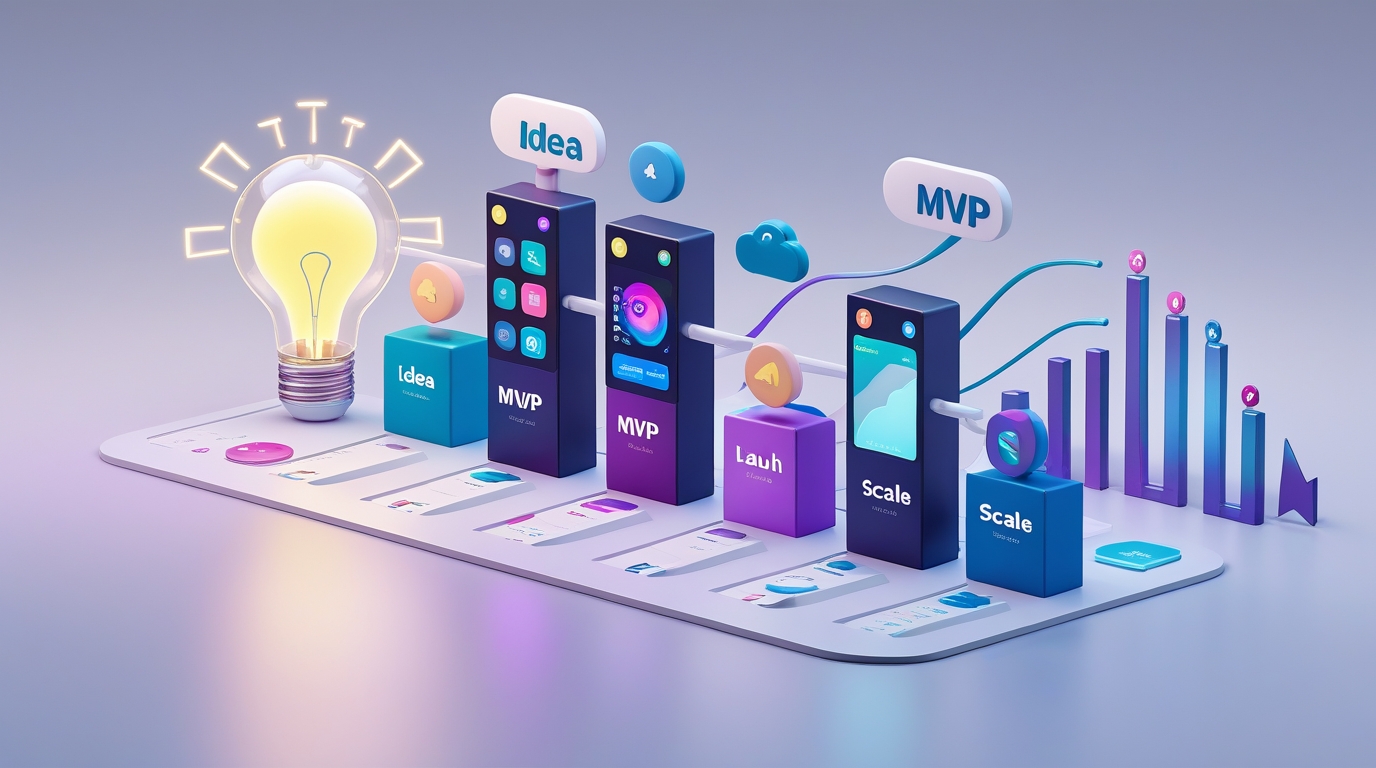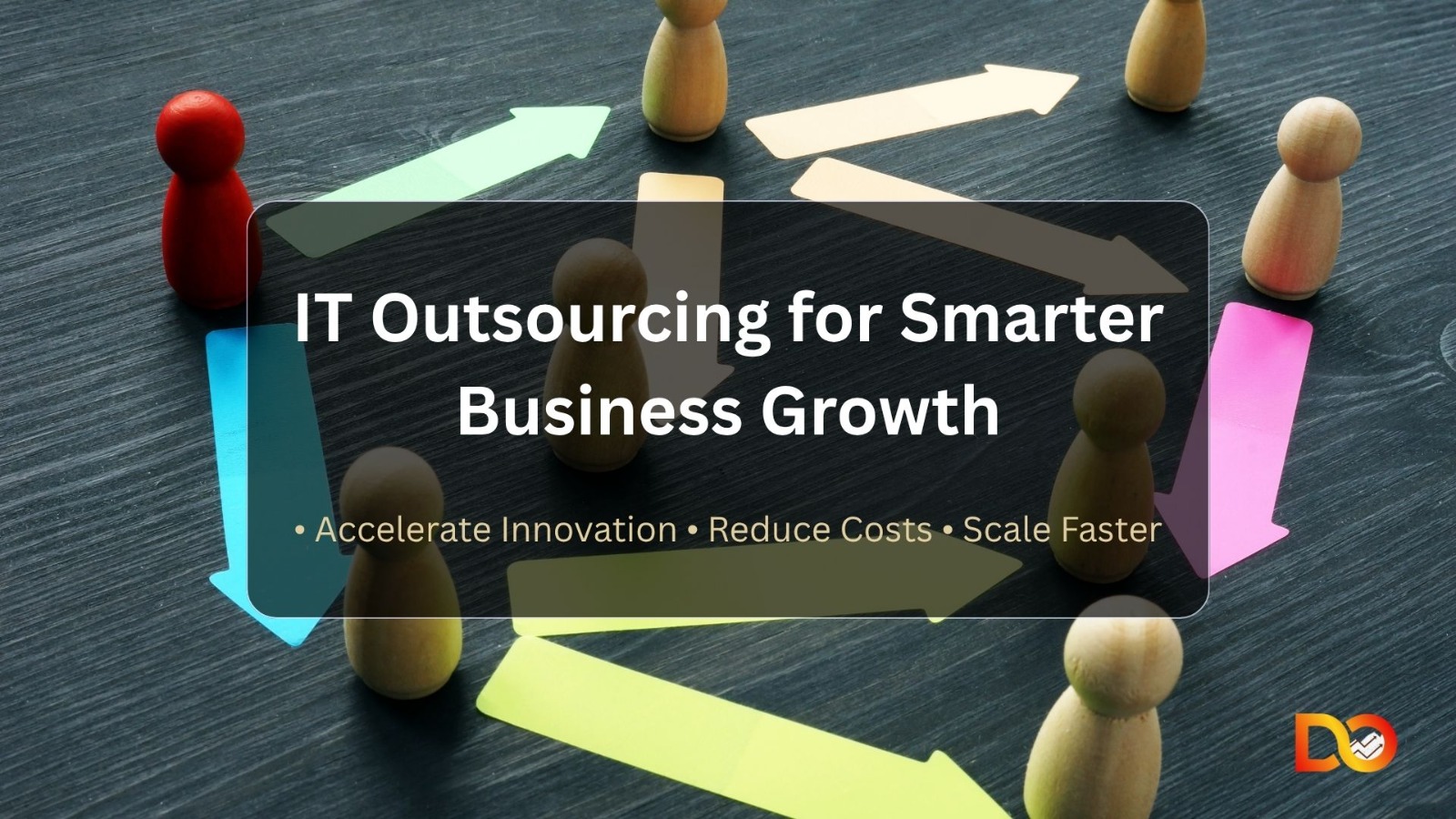B2B buyers don’t shop like consumers anymore. They expect Amazon-level experiences with the complexity of enterprise purchasing—contract pricing, bulk ordering, approval workflows, and real-time inventory visibility. If your b2b ecommerce portal development can’t deliver this, you’re losing deals to competitors who can.
Here’s the reality: 75% of B2B buyers prefer purchasing without sales rep involvement. They want self-service portals where they can check custom pricing, place bulk orders, track shipments, and manage their accounts 24/7. Companies that deliver these experiences aren’t just improving convenience—they’re reducing operational costs by 40-60% while increasing order frequency and average order values.
Why B2B Customer Portal Development Changes Everything
Traditional B2B sales involve phone calls, email quotes, manual order entry, and constant follow-ups. Each transaction consumes staff time and introduces error risks. B2B customer portal development eliminates these bottlenecks by creating secure, personalized digital storefronts where buyers access their specific catalogs, pricing, and order history instantly.
The business impact is substantial. Companies implementing professional portals see 30-50% increases in online revenue, 25% improvements in customer retention, and dramatic reductions in support tickets as buyers self-serve routine tasks.
What separates winning portals from disappointing ones? It’s not just about putting your catalog online—it’s about creating experiences that genuinely make buyers’ jobs easier.
Essential Features for B2B Ecommerce Portals
Custom Pricing and Contract Management
Unlike B2C ecommerce where everyone sees the same prices, b2b web portal development requires sophisticated pricing engines. Different customers see different prices based on contracts, volume commitments, payment terms, and relationship tiers.
Your portal must automatically display customer-specific pricing, apply volume discounts based on quantity breaks, enforce minimum order quantities, show tiered pricing for different product variations, and calculate contract rebates or promotional pricing accurately.
Static pricing is dying in 2025—personalized, flexible pricing models are taking over. Buyers expect to see their negotiated rates instantly without calling for quotes.
Bulk Ordering and Quick Order Forms
B2B buyers don’t browse one product at a time. They’re restocking inventory, fulfilling project requirements, or managing multiple locations. Quick order forms where buyers paste SKU lists or upload CSV files save massive time.
Advanced portals include saved order lists for recurring purchases, copy previous orders functionality, and bulk actions for cart management. These features might seem basic, but they’re the difference between buyers using your portal daily versus calling your sales team.
Sophisticated Buyer Dashboards
Portal UX for B2B buyers centers on dashboards that provide actionable information at a glance. Buyers need to see pending orders and shipment status, account balance and credit limits, contract pricing and volume discount progress, recent order history with reorder options, and saved quotes and approval workflows.
66% of B2B buyers want personalized experiences similar to Netflix and Spotify recommendations. Your dashboard should learn from buyer behavior, suggesting relevant products and highlighting promotions for items they frequently purchase.
Enterprise Integration: The Technical Backbone
Here’s where most B2B portals fail: poor or missing integrations. Your portal can’t exist in isolation—it needs real-time connections with your business systems.
ERP Integration
Your ERP system (SAP, Oracle, Microsoft Dynamics, NetSuite) holds the truth about inventory, pricing, and customer data. API integrations ensure buyers see accurate stock levels, their current pricing gets enforced automatically, orders flow directly into your fulfillment system, and customer data stays synchronized across platforms.
Without tight ERP integration, you’re manually transferring data between systems, creating delays, errors, and frustrated customers.
CRM Integration
Sales teams need visibility into customer portal activity. CRM integration tracks which buyers are active, which products they’re viewing, and where they’re getting stuck in the buying process. This intelligence helps reps provide proactive support and identify upsell opportunities.
Payment Gateway Integration
B2B payments are complex—net terms, purchase orders, credit cards, and ACH transfers all need support. Your portal should handle multiple payment methods, support split payments and partial invoicing, enforce credit limits automatically, and provide transparent invoice and payment history.
Buyers demanding more for less need seamless purchasing experiences without traditional sales process delays.
Supplier and Buyer Portals: Two Sides of the Equation
Enterprise portal solutions often serve multiple audiences. While buyer portals focus on purchasing, supplier portals let vendors manage their product information, inventory, and order fulfillment through your platform.
This is particularly valuable for marketplaces or businesses with extensive supplier networks. Suppliers can update product descriptions and images, manage inventory levels, view orders requiring fulfillment, and track their performance metrics—all without contacting your team.
Separate interfaces for suppliers and buyers with role-based permissions reduce confusion and improve security.
Choosing the Right Development Partner
When evaluating custom b2b portal development services, look beyond generic web developers. B2B ecommerce requires specific expertise most agencies don’t have.
What to Look For in a B2B Portal Development Company
Industry Experience: Have they built B2B portals for your industry? Wholesale distribution, manufacturing, and professional services all have unique requirements.
Integration Expertise: Can they demonstrate successful ERP, CRM, and payment gateway integrations? Ask for specific examples and client references.
Scalability Track Record: Will the portal handle your growth? Confirm they’ve built systems supporting thousands of concurrent users and millions of SKUs.
Security and Compliance: B2B portals handle sensitive pricing, customer data, and financial transactions. Verify their security practices and compliance certifications.
Post-Launch Support: What happens after go-live? B2B portal development services should include managed support and maintenance—regular updates, performance monitoring, and feature enhancements as your needs evolve.
DevOptiv’s Approach to B2B Ecommerce Development
We’ve built B2B portals for manufacturers, distributors, and wholesalers across diverse industries. Our approach combines technical excellence with deep understanding of B2B buyer behavior.
What we deliver:
- Custom catalog and pricing engines tailored to your business model
- Seamless ERP, CRM, and payment gateway integrations
- Intuitive buyer dashboards optimized for frequent B2B transactions
- Mobile-responsive designs for buyers ordering from anywhere
- Supplier portals when you need multi-vendor capabilities
- Comprehensive testing with real user scenarios
- Post-launch optimization based on actual usage patterns
We don’t force you into templated solutions. Our custom b2b portal development services adapt to your specific workflows, pricing structures, and customer requirements.
Want to see our methodology? Check out our web portal development services for detailed information on our approach.
Frequently Asked Questions
How do you choose a B2B portal development company?
Evaluate based on B2B ecommerce experience (not just general web development), proven integration capabilities with your specific systems, client references from similar industries, scalability of their solutions, security practices and compliance knowledge, and post-launch support offerings. Request detailed proposals showing how they’ll handle your specific challenges—custom pricing, bulk ordering, or complex approval workflows.
How long does B2B portal development take?
Basic portals with limited features require 8-12 weeks. Standard B2B ecommerce portals with catalog management, custom pricing, and basic integrations typically need 12-16 weeks. Complex enterprise solutions with advanced features, multiple integrations, and supplier portals often require 20-28 weeks. Timeline depends on integration complexity, data migration requirements, and custom feature scope.
Can you integrate with our existing ERP system?
Yes, we specialize in ERP integrations across major platforms including SAP, Oracle, Microsoft Dynamics, NetSuite, Epicor, and Infor. We use robust API connections, real-time data synchronization, and comprehensive error handling. Legacy systems with limited APIs may require middleware solutions, which we design and implement as part of the project.
Transform Your B2B Sales Today
Stop losing customers to competitors with better digital experiences. Professional b2b ecommerce portal development isn’t just about technology—it’s about creating competitive advantages that drive revenue growth while reducing operational costs.
Get started with DevOptiv: 📧 Email: contact@devoptiv.com
📞 Phone: +1 (514) 570-9835
🌐 Website: devoptiv.com
Request a free consultation to discuss your B2B portal requirements. We’ll analyze your current sales processes, identify automation opportunities, and provide a detailed roadmap for your portal development.







